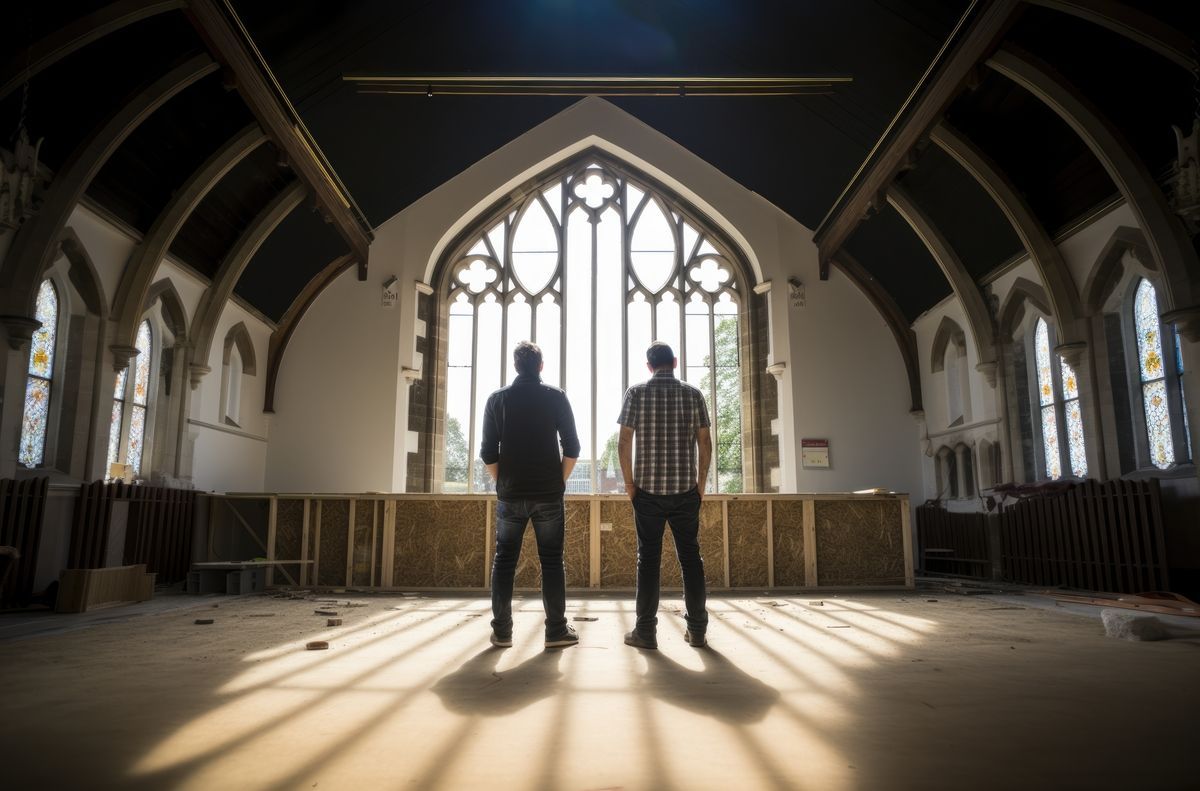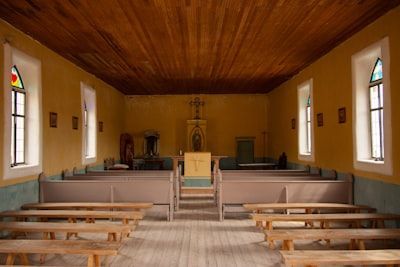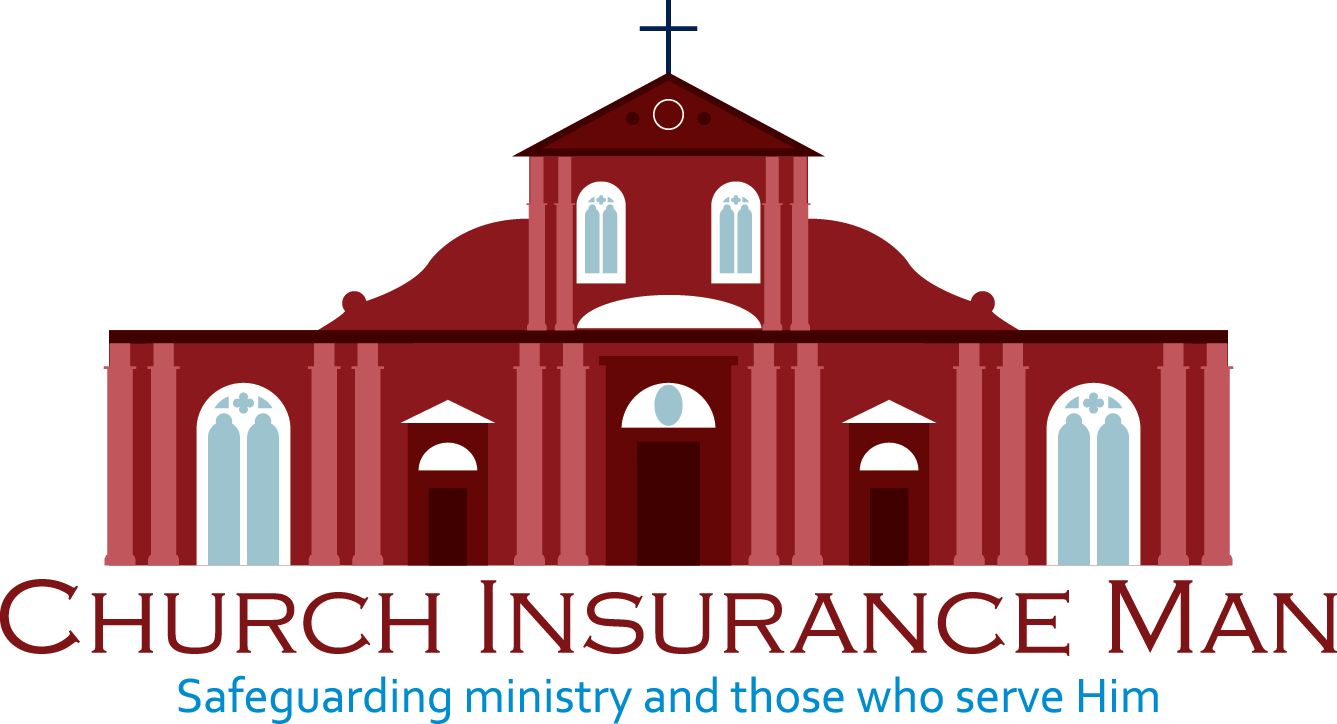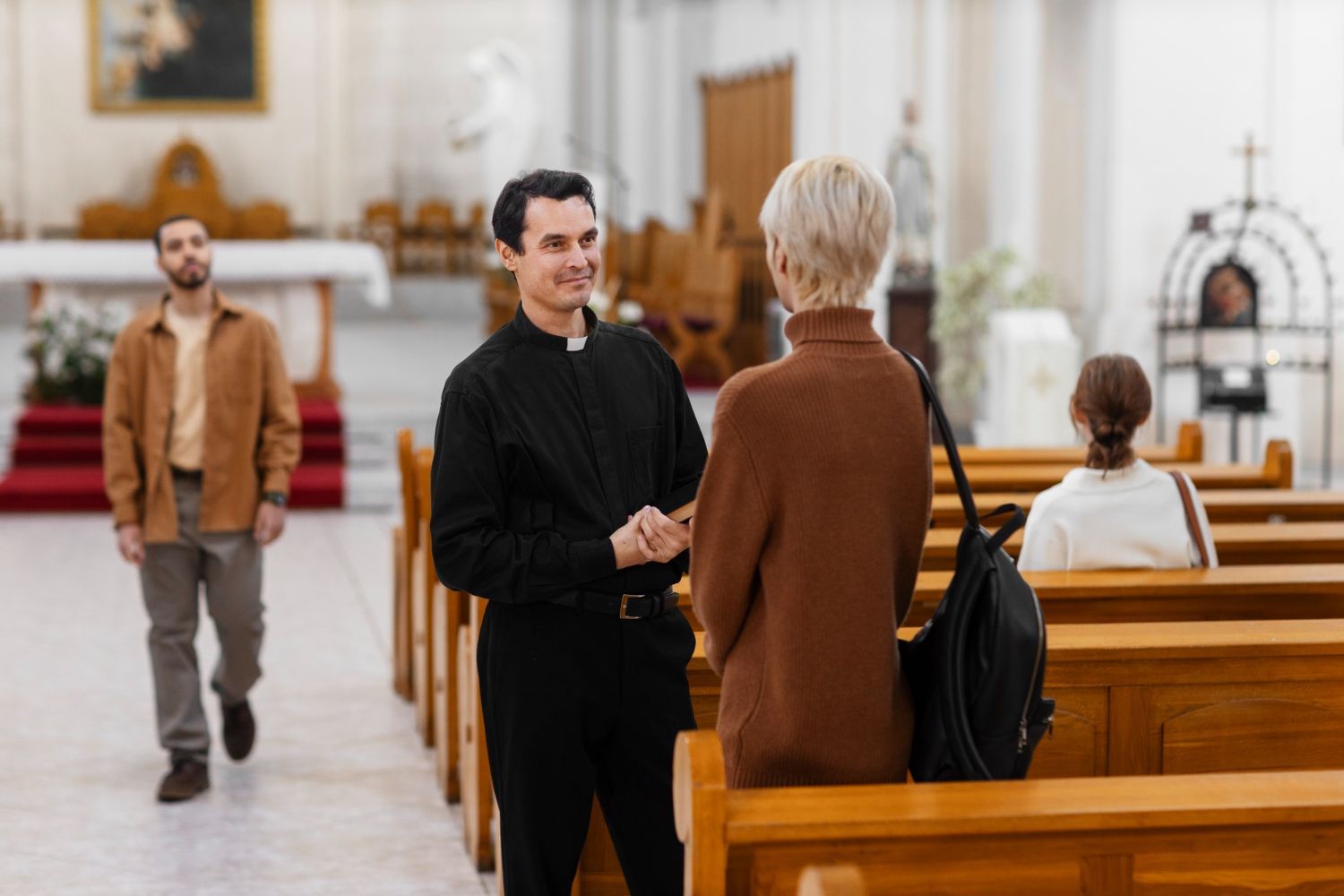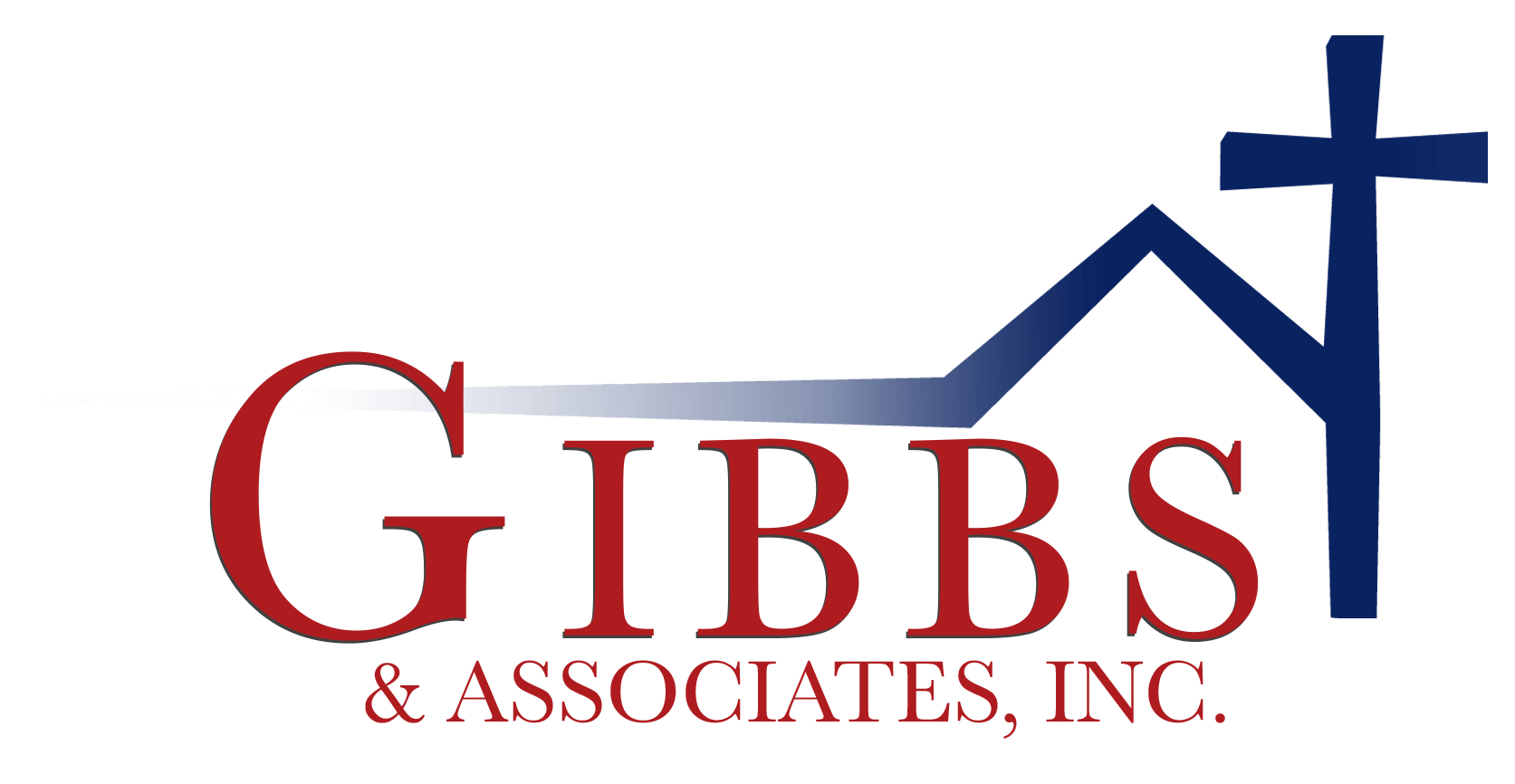Protecting Church-Owned Vehicles: A Guide to Business Automobile Insurance
Churches rely on vehicles for many purposes, including transporting congregation members, organizing outreach programs, and supporting ministry work. Whether it’s a van for youth group trips, a bus for senior transportation, or a car for pastoral visits, church-owned vehicles are essential to the ministry operations of many churches. However, these vehicles also come with risks that require proper protection. Business automobile insurance ensures that churches are financially safeguarded in case of accidents, damage, or liability claims.
Church Insurance Man provides comprehensive commercial auto insurance tailored to the unique needs of churches. Understanding the coverage options and risk management strategies available can help church leaders make informed decisions to protect their ministry’s vehicles and passengers.
Understanding Commercial Auto Insurance for Churches
What Is Business Automobile Insurance?
Business automobile insurance, also known as commercial auto insurance, is designed to cover vehicles owned, leased, or used by an organization for business-related activities. For churches, this includes any vehicle used for ministry purposes, such as transporting members to services, delivering supplies to outreach events, or driving staff and volunteers on mission trips.
Unlike personal auto insurance, commercial auto insurance provides higher liability limits and specialized coverage for vehicles used in an organizational capacity. Since church vehicles frequently carry multiple passengers and travel on official church business, they require insurance policies that account for the increased risk exposure.
Why Churches Need Auto Insurance Coverage
Church-owned vehicles face several risks, making auto insurance a necessity. A single accident could result in expensive medical bills, property damage, or legal claims against the church. Without the right coverage, churches may face financial strain that could impact their ability to continue ministry work.
Key reasons churches need business automobile insurance include:
- Liability protection – Covers costs related to bodily injury or property damage if a church-owned vehicle is involved in an accident.
- Passenger coverage – Ensures that congregation members, staff, and volunteers are protected while being transported.
- Compliance with state laws – Most states require a minimum level of commercial auto insurance for vehicles used in an organizational capacity.
- Asset protection – Helps repair or replace church-owned vehicles in case of an accident, theft, or damage.
Coverage Options for Church-Owned Vehicles
Liability Coverage
Liability insurance is the foundation of commercial auto insurance, covering bodily injury and property damage caused by a church vehicle. This type of coverage is essential in case of accidents where the church is found at fault. Liability coverage typically includes:
- Bodily injury liability – Pays for medical expenses, lost wages, and legal fees if passengers or other drivers are injured in an accident involving a church vehicle.
- Property damage liability – Covers repairs or replacement costs if a church vehicle damages another car, building, or structure.
Collision and Comprehensive Coverage
- Collision coverage – Pays for damage to church-owned vehicles if they are involved in an accident, regardless of fault.
- Comprehensive coverage – Protects against non-collision-related incidents such as theft, vandalism, fire, hail, and natural disasters.
These coverage options ensure that churches do not have to bear the financial burden of repairing or replacing damaged vehicles.
Uninsured and Underinsured Motorist Coverage
If a church vehicle is involved in an accident caused by an uninsured or underinsured driver, this coverage helps pay for medical bills, vehicle repairs, and other expenses. Since not all drivers carry sufficient insurance, this type of protection ensures that churches are not left paying out of pocket for damages caused by others.
Medical Payments Coverage
Medical payments coverage helps cover medical expenses for church staff, volunteers, and passengers injured in an accident involving a church-owned vehicle. This coverage is crucial for churches that frequently transport members, particularly those with youth or senior ministries.
Hired and Non-Owned Auto Insurance
Churches often rely on rental vehicles or personal cars driven by staff and volunteers for ministry activities. Hired and non-owned auto insurance provides liability coverage for:
- Vehicles rented or leased by the church – Protects against accidents while using rental cars for mission trips or events.
- Personal vehicles used for church activities – Covers liability risks when church staff or volunteers use their own vehicles for church business.
Emergency Roadside Assistance
Breakdowns, flat tires, and other roadside emergencies can disrupt church activities. Emergency roadside assistance coverage provides towing services, fuel delivery, and mechanical help to keep church-owned vehicles running smoothly.
Risk Management Strategies for Church-Owned Vehicles
Driver Safety and Training
Ensuring that only qualified and responsible drivers operate church-owned vehicles is essential. Churches should:
- Conduct background checks and driving record screenings for all staff and volunteers who drive church vehicles.
- Require driver safety training, including defensive driving techniques.
- Establish clear policies regarding vehicle use, including restrictions on personal use and passenger limits.
Regular Vehicle Maintenance and Inspections
A well-maintained vehicle is a safer vehicle. Churches should:
- Perform regular inspections to check tire pressure, brakes, and fluid levels.
- Keep maintenance records to track repairs and ensure compliance with safety regulations.
- Address mechanical issues promptly to reduce the risk of accidents caused by vehicle malfunctions.
Implementing a Transportation Policy
A formal transportation policy can help churches manage vehicle-related risks. This policy should outline:
- Authorized drivers of church-owned vehicles.
- Safety guidelines for transporting passengers, including seat belt requirements.
- Procedures for reporting accidents or vehicle issues.
Church Insurance Man can assist churches in developing transportation policies that align with best practices and legal requirements.
Insurance Policy Review and Updates
Churches should regularly review their insurance policies to ensure they have adequate coverage. As ministries grow and vehicle usage changes, insurance needs may evolve. Working with Church Insurance Man helps churches:
- Evaluate current coverage levels and adjust as necessary.
- Understand policy exclusions and limitations.
- Identify additional coverage options that may be beneficial.
Safeguarding Your Ministry With Proper Auto Insurance
Protecting church-owned vehicles is about more than just compliance—it’s about ensuring the safety of congregation members, staff, and volunteers. Business automobile insurance provides financial security, allowing churches to continue their work without the fear of liability issues derailing their mission.
Church Insurance Man offers tailored commercial auto insurance solutions designed specifically for churches. By securing the right coverage and implementing effective risk management strategies, churches can focus on what truly matters—serving their communities and spreading their message.
For expert guidance on protecting your church’s vehicles, contact Church Insurance Man today to explore your insurance options.


